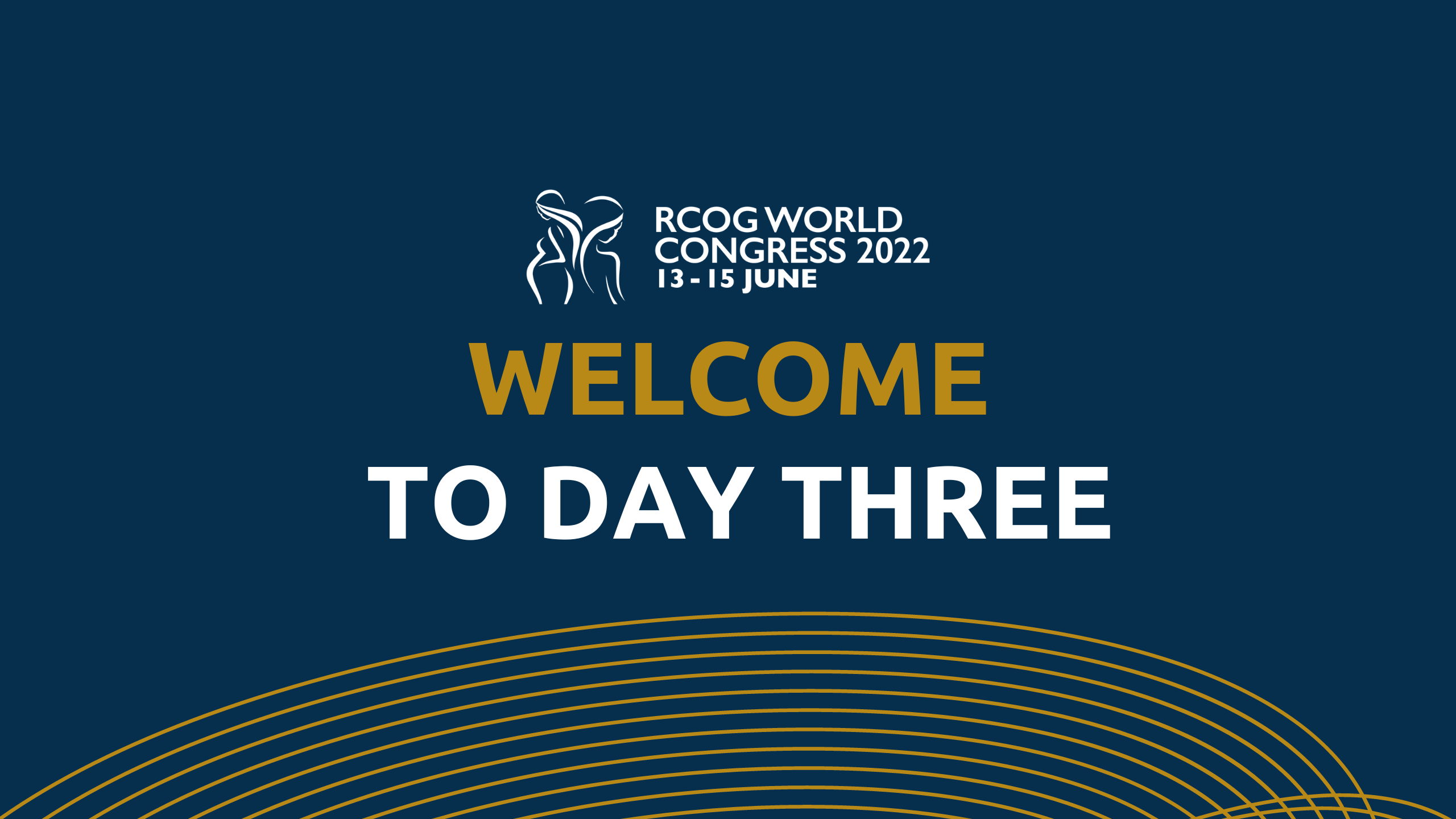
Thank you to everyone who made #RCOG2022 an incredible experience. It was a pleasure to welcome so many brilliant speakers and delegates to our first hybrid Congress. We look forward to welcoming you again in 2023!

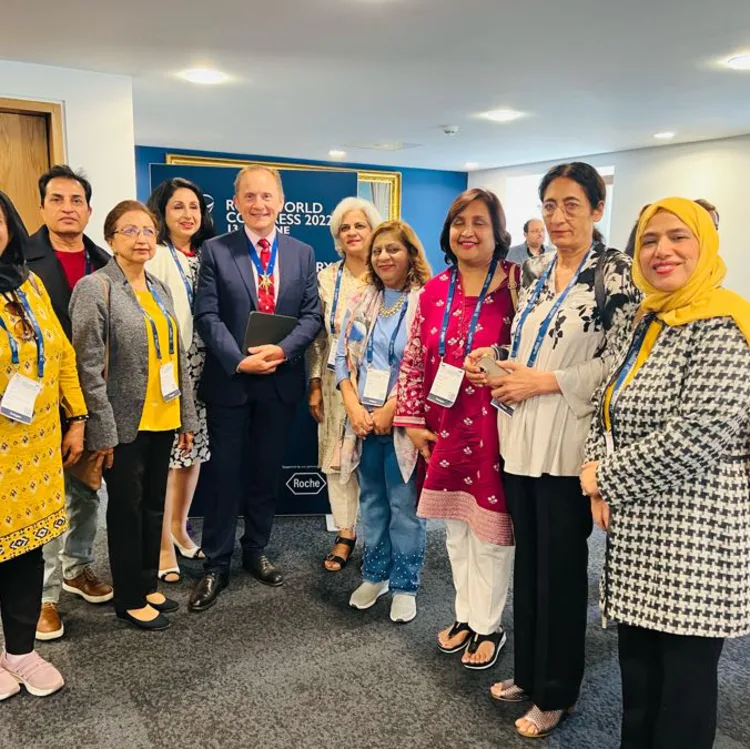
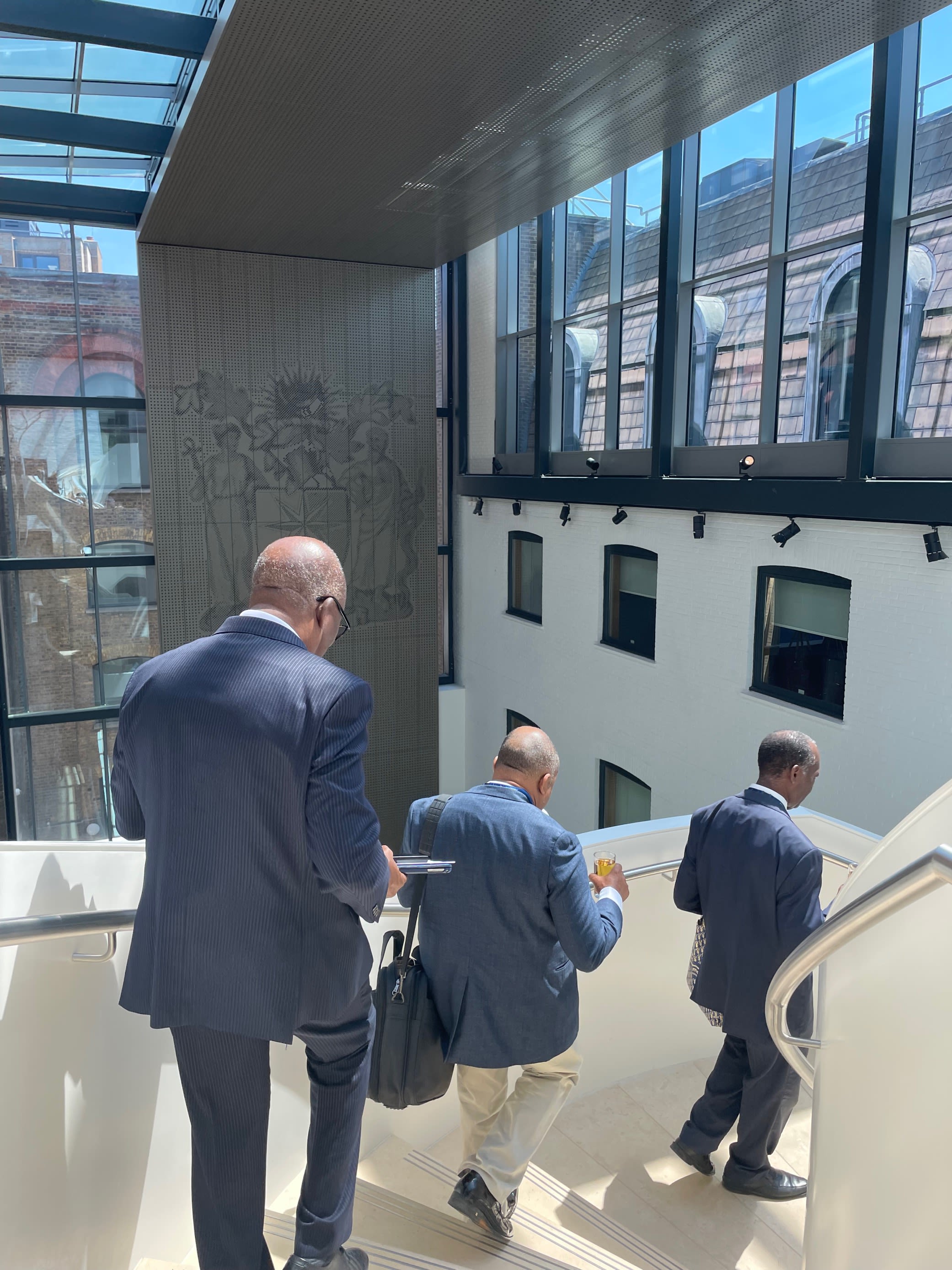




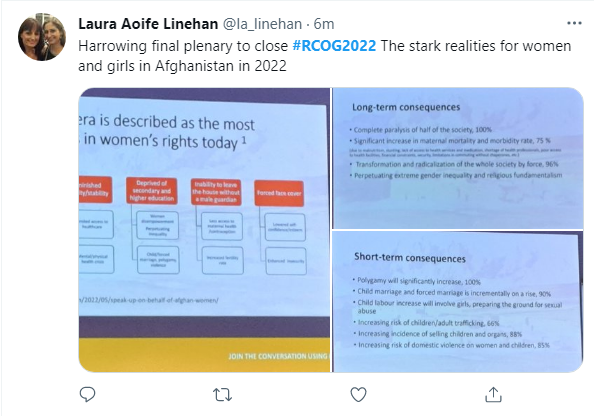
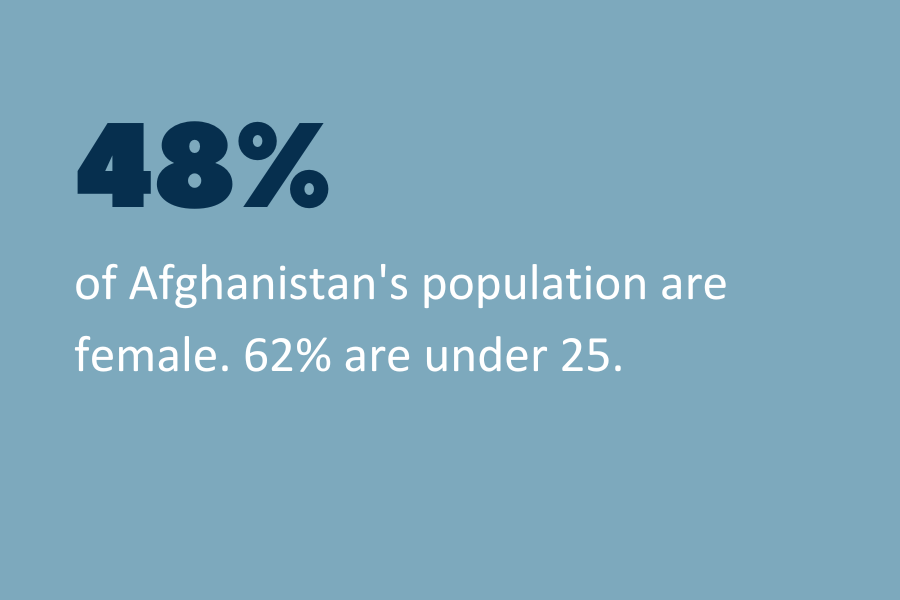
Our final plenary is women's health in Afghanistan following Taliban handover. Afghanistan's geopolitical location, natural resources, and other factors lead to constant instability which can have a devastating effect on women and girls.
Afghanistan had made great strides to improve health outcomes for women, including a reduction in maternal mortality and a greater number of women in their workforce. After the Taliban handover in August 2021, women and girls faced restricted freedoms including limited access to health services and information and restrictions for health professionals.
Dr Kabiri undertook a study to understand the impact on women and girls' health to enable the Afghanistan people and the international community to help make the right decisions to ensure a secure future for Afghan women.
The study found that women were concerned about:
-Increased maternal death incidents (85%)
-Increased incidence of serious mental health issues in young women
-Pregnancy related complications
-Increased fertility due to lack of access to contraceptives and information
-Disruption of family planning and vaccination programmes
-Increased malnutrition

Speaking on inclusive assisted conception this afternoon, Dr Carole Gilling-Smith shared tips for creating a gender neutral environment, including:
- Create a safe and inclusive space (e.g. inclusive literature, posters, website, forms, respect for pronouns, gender neutral material in sperm production room)
- Gender neutral toilets
- Regular staff training (consent and legal parenthood)

Key learnings from Professor Catherine Mead's talk
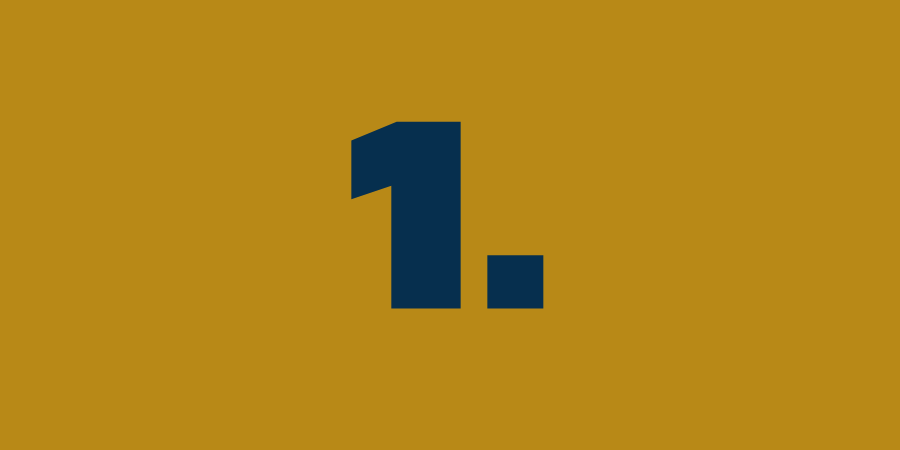
There is general ignorance around procedures like cervical screening among lesbian and bisexual women.
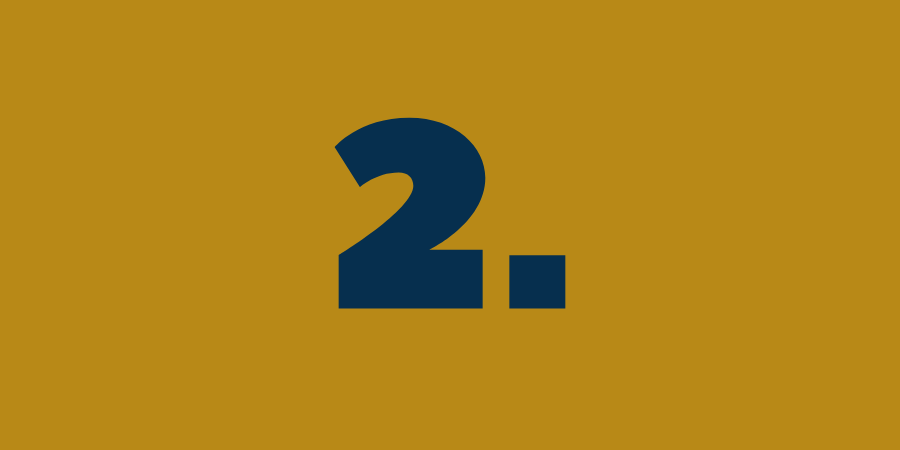
More training is necessary for doctors to know how to best treat LGBT people

Sexual Orientation Monitoring Standard needs to be mandatory because of the numerous links with other data collection
In the UK 24% of the population do not identify as completely heterosexual. LGBTQ+ people face health inequalities across the board, and the RCOG is committed to improving their access to, and experience of obstetric and gynaecological (O&G) care.

Do you want to know the key points from some of our most popular Green-top Guidelines and Scientific Impact Papers?
To support your professional development, we have developed a new hub of bitesize video summaries and infographics to break down and explain the key points from RCOG guidance.
The hub of dynamic guidance content includes a series of resources designed to enable quick access from anywhere, at any time.
He mentioned -RCOG Guidance new innovations to personalise care, the increase in accessibility of information, Tommy's and the Avoiding Brain injury in Childbirth programme as recent successes.
Tim Draycott, Vice President for Clinical Quality reflected on the innovation in his portfolio, stating: "We should continue with business as usual but also focus on digitisation and new options, collaboration and expertise and ask how we can become the centre for global women's health."
However, the O&G workforce is understaffed and we need more trainees to join the profession. Since the last RCOG workforce report in 2018, the O&G profession has faced many challenges, not least the unprecedented pressures that have resulted from the COVID-19 pandemic.
Jo Mountfield, Vice President for Workforce and Professionalism told delegates that the recent Workforce Report shed light on the many positive characteristics of the workforce: our dedication to delivering person-centred care, our recognition and respect for the diversity which exists within our own workforce and among the women we support and our continued commitment to embedding both personal and organisational learning in all that we do.
As part of the College's ongoing commitment to digital transformation,Sue informed the audience that the College will update the eLearning platform in September, with updated and refreshed content.
As global leaders in medical education, the RCOG offer all women’s healthcare professionals the chance to develop and validate their capabilities with our exams and qualifications.
Sue Ward, Vice President for Education is updating the room about how the MRCOG exam was adapted to still be delivered during the COVID-19 pandemic and the ongoing digitisation of the MRCOG exam.
The RCOG's Centre for Women's Global Health is currently running two international development programmes; Making Abortion Safe and Essential Gynaecological Skills
Ranee introduced an International Membership Observership programme where healthcare professionals can disseminate knowledge in subspecialist areas in O&G by offering international observers to visit an RCOG Host Site, with both funded and self-funded opportunities available.
Ranee has been looking at ways to make the college more inclusive for our international members. We have developed RCOG-International Representative Committee Collaborative frameworks and are developing terms of reference for internaional Liaison Groups.
Next Ranee Thakar, Senior Vice President for Global Health updates on her work on global health and international membership.
Pat also reminded delegates that RCOG membership entitles members to tangible benefits such as BJOG,TOG and discounts on RCOG courses, but also to advocate for women's healthcare and healthcare professionals.
Reflecting on the pandemic, Pat reflected on the COVID-19 guidance for healthcare professionals and the public, saying: "Our covid guidance developed into a whole suite of guidelines which was urgently needed by the membership"
Pat O'Brien Vice President for membership started the session, speaking about the activities the College undertakes to support its global membership. He started the session by saying: "This is a global college of 16,000+ members, around half are in the UK and Ireland and half are spread across the globe"
This afternoon RCOG Officers are updating delegates on their individual portfolios and taking part in a Q&A.

View our blog by Dr Leila Frodsham: "Pride Month: We all need to strive to provide inclusive healthcare."
LGBTQ+ people face health inequalities across the board, and we are committed to improving their access to, and experience of obstetric and gynaecological care. Professor Annette Kuhn is kicking off the LGBTQ+ stream this afternoon. Tune in to hear from Professor Catherine Meads, Dr Carole Gilling-Smith, and Professor Susan Bewley throughout the afternoon.

Refresh this page frequently to ensure you keep updated with the latest information.
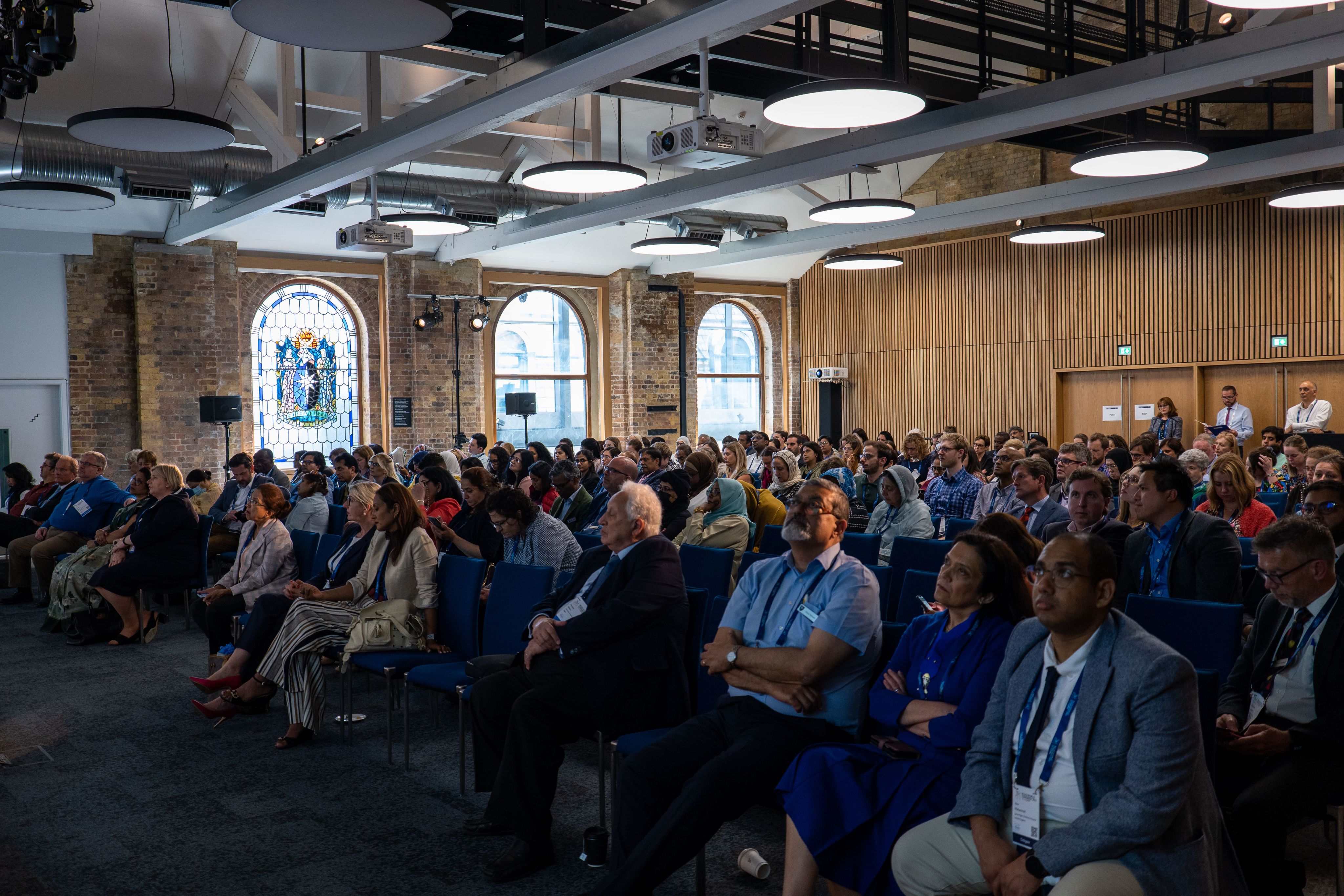
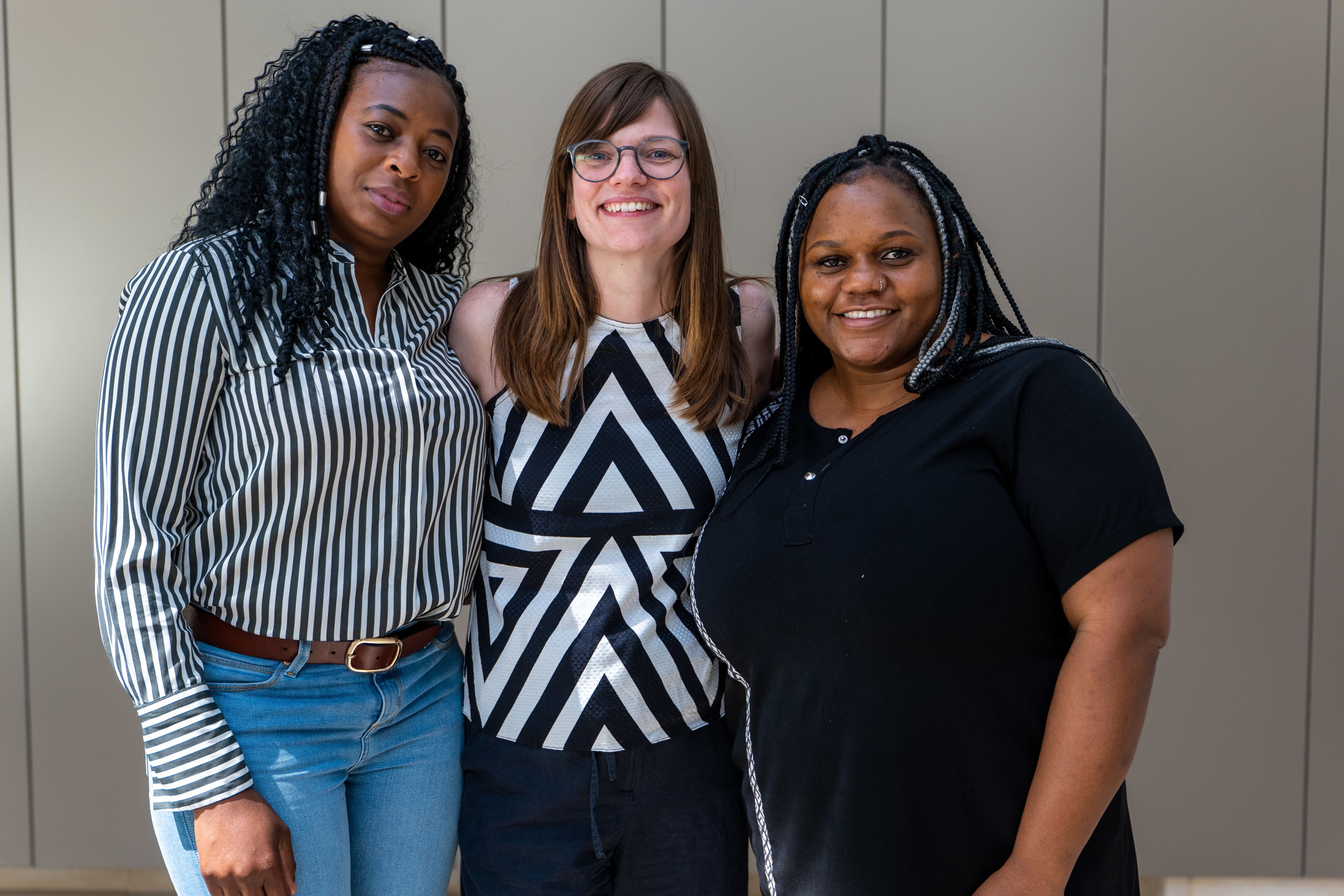
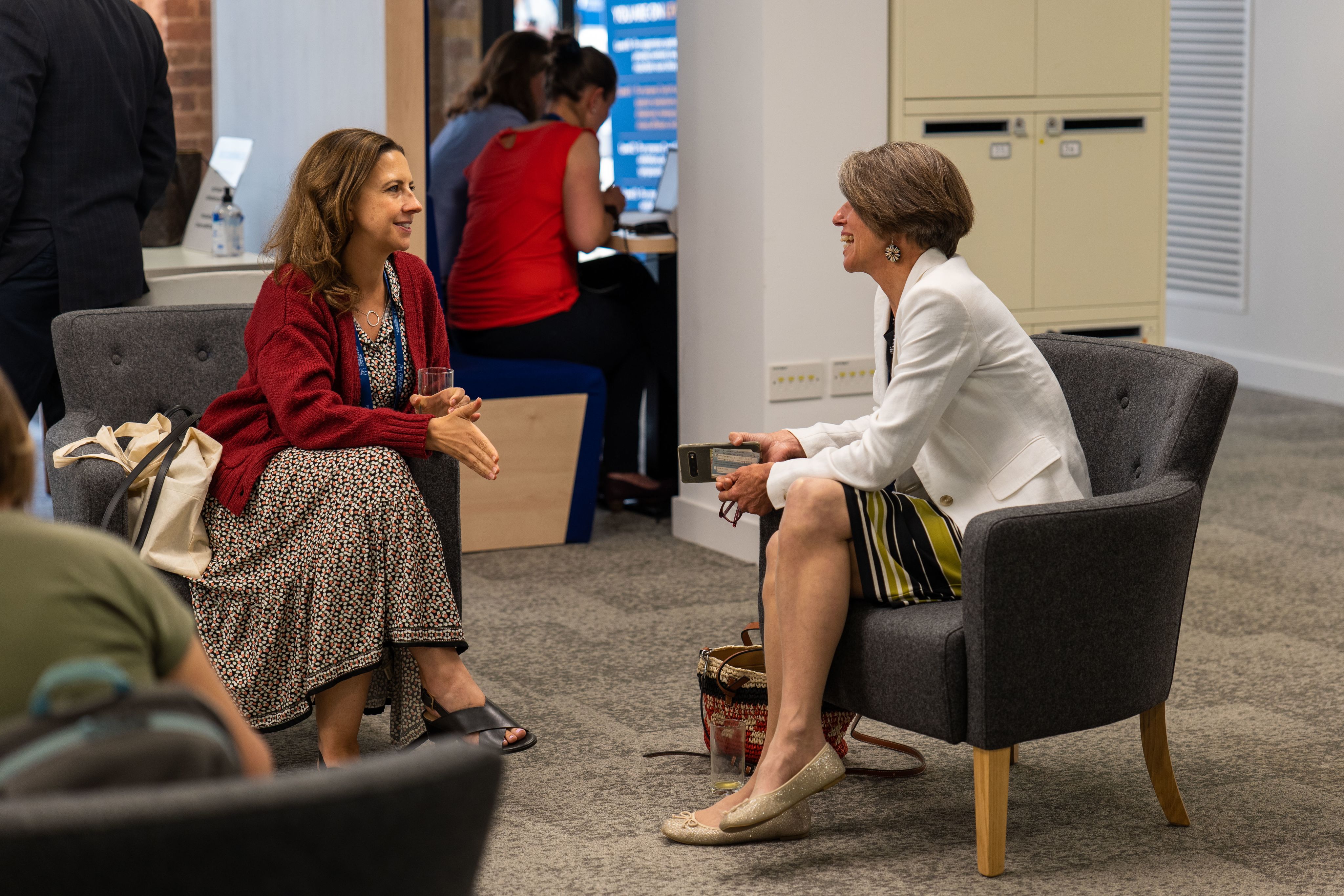



When asked about the barriers to abortion, the panel discussed how the barriers are mainly a consequence of stigma and people that offer abortion services are stigmatised for it. But, when people are presented with the information to explain the magnitude of the problem, most of the time people emphasise.
Discover our Best Practice Papers on post-abortion care and abortion care. These resources are available in English, French and Arabic
Up next, Dr Theodomir Sebazungu, one of the Making Abortion Safe champions, spoke about stigma.
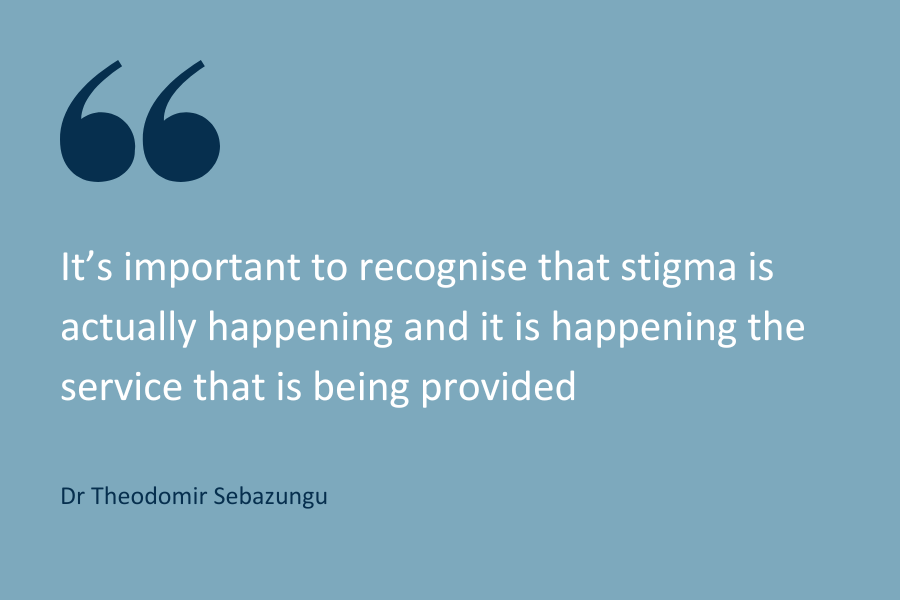
Organised by the RCOG’s Making Abortion Safe programme, this discussion features national and international abortion care specialists.
Dr Caron Kim spoke about the World Health Organisation’s abortion care guideline and explained the three areas that underpin the guideline:
Abortion is healthcare, quality of abortion care and human rights considerations
Almost every injury and death from unsafe abortion is preventable. The new WHO guidelines will be fundamental in paving the way to a world where no more people will die as a result of having unsafe abortions.

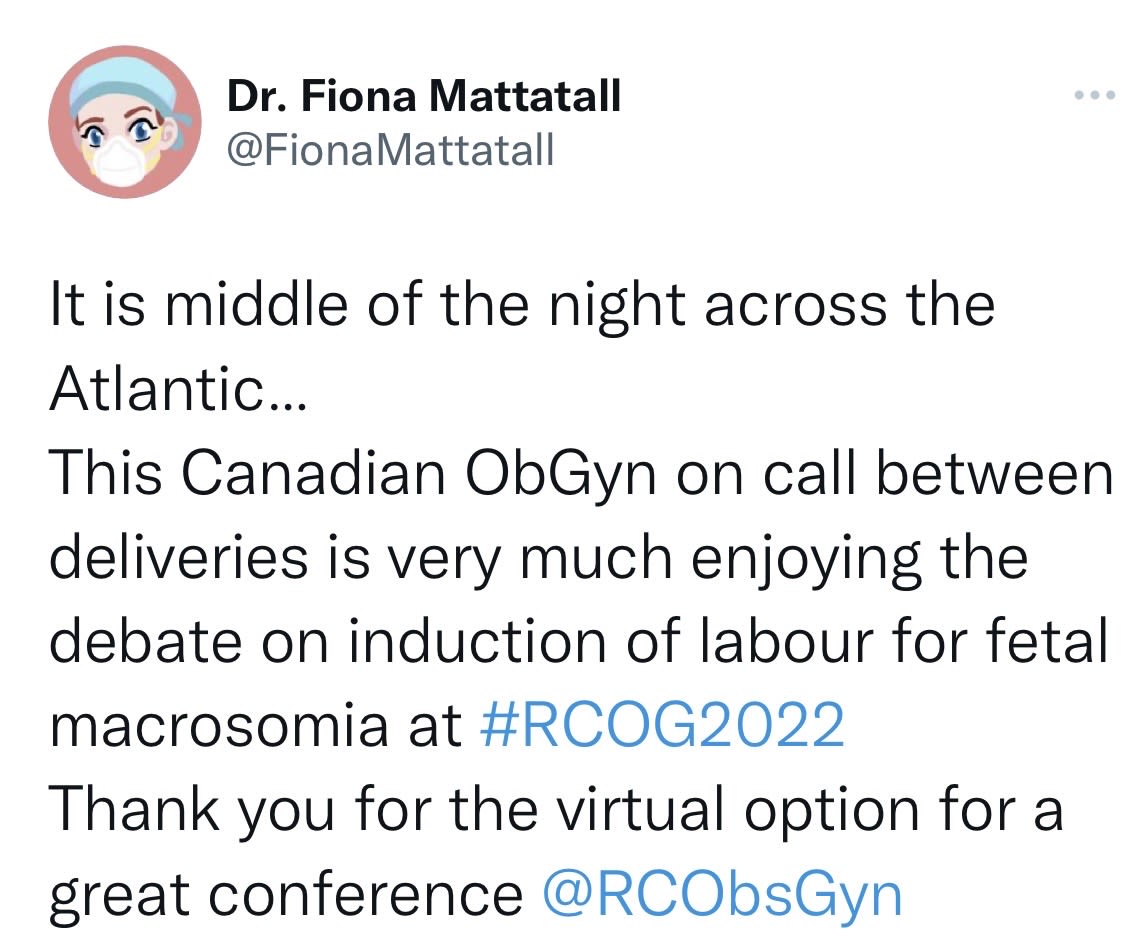
Don't forget that your Congress registration includes six months of access to all scientific content, allowing you to catch up on any sessions you may miss.
Don't forget that your Congress registration includes six months of access to all scientific content, allowing you to catch up on any sessions you may miss.
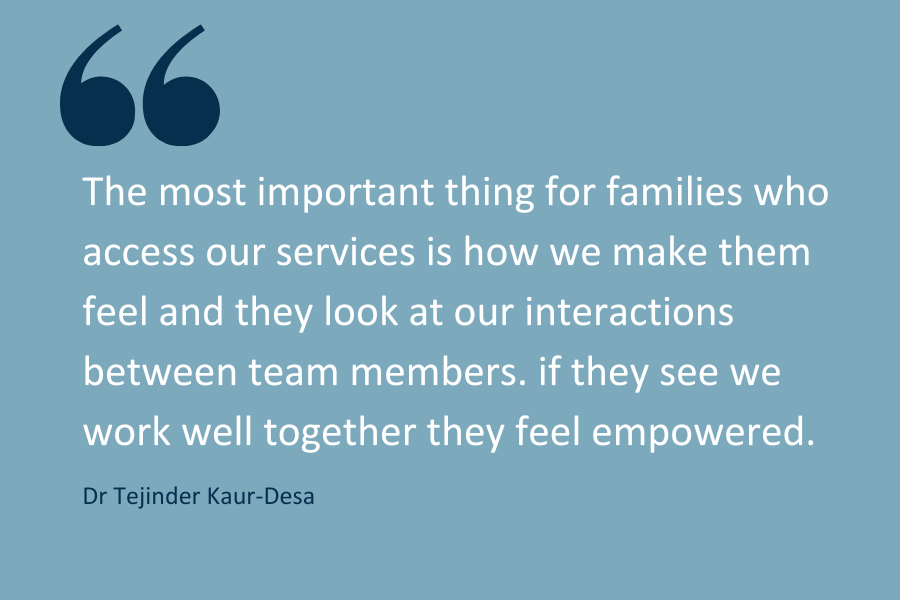

This morning we welcomed Dr Ferry Boekhurst from the Netherlands. Dr Boekhurst is representing the European Network of Trainees in Obstetrics and Gynaecology (ENTOG). ENTOG is a collaborative society that aims to achieve a better understanding of training in gynaecology-obstetrics in different European countries, thus helping to ensure a comparable standard of training. Dr Boekhurst says that the biggest differences in O&G training across Europe are differences in the admission process for patients and gathering their previous experience, duration of the training programme, quality assurance, examination, and the training programme itself.
To overcome these differences the EBCOG PACT (Project for Achieving Consensus in Training) was established. PACT has been implemented in 22.5% of participating countries so far.

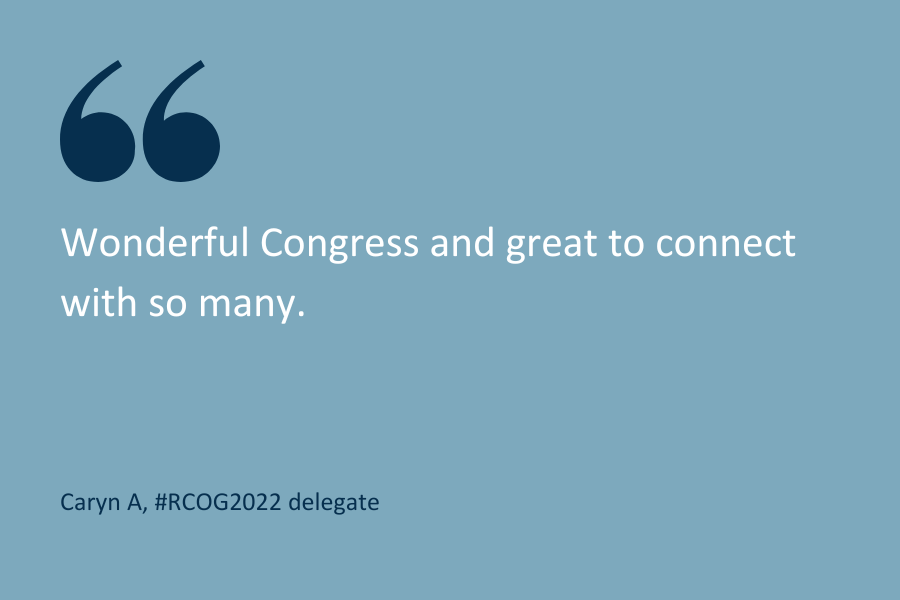
If you are not a member of RCOG, you can keep up to date on the latest news, guidance publications, and reports by signing up to our mailing list.
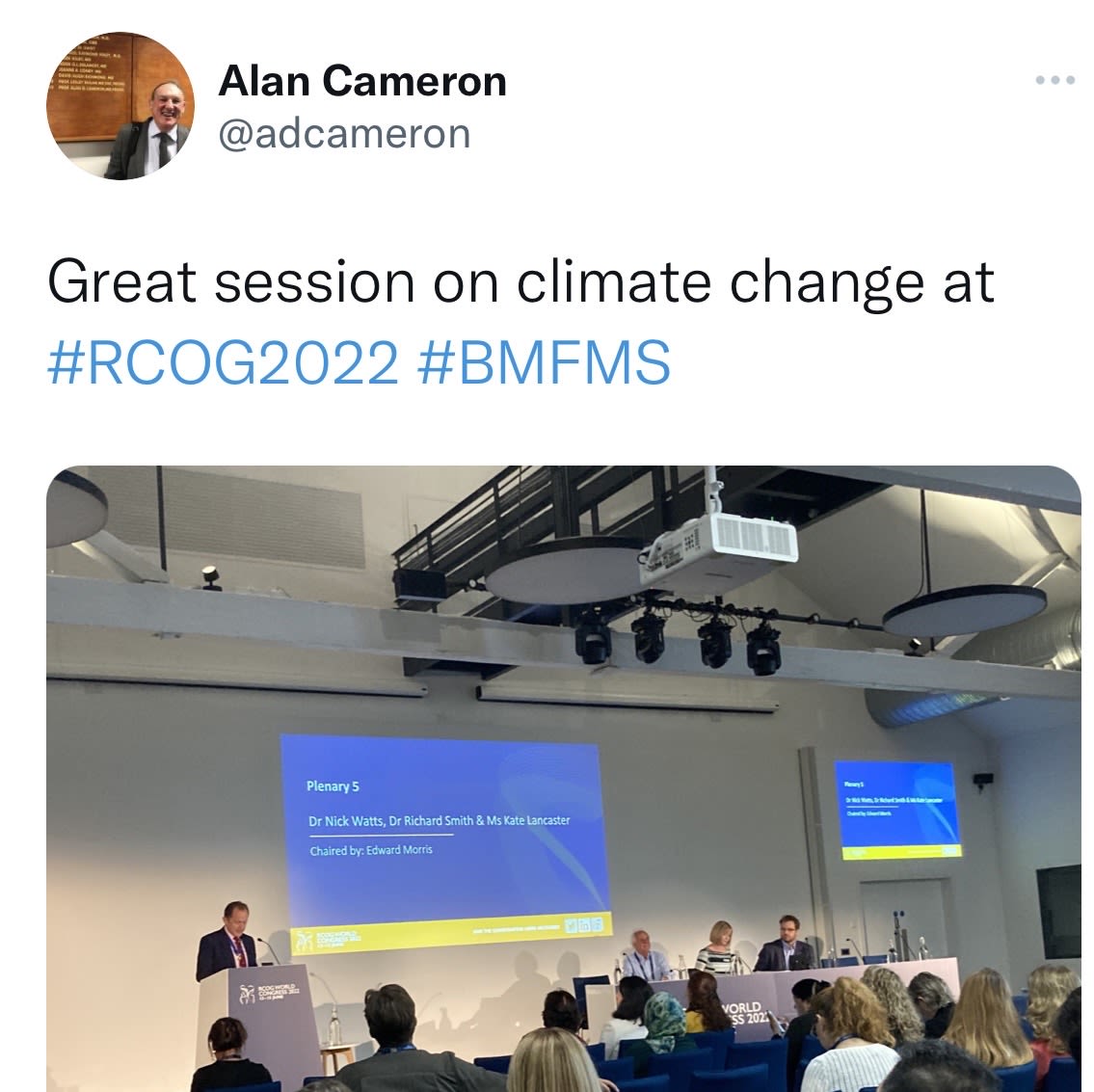
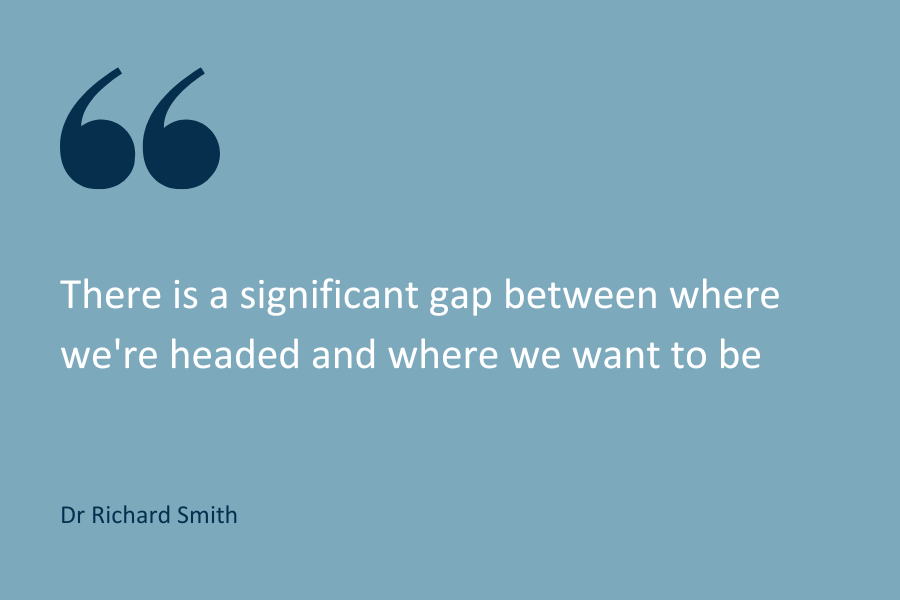
Five things the NHS are doing to work towards net zero

1 July 20222: Health and Care bill becomes an act, and strict requirements for trusts to take action on climate change.

Local engagement with trusts to help them understand the net zero goal.

Significant financial investment in the NHS- changes pay for themselves

Significant investment in innovation - good ideas are being taken into account by the NHS.

25% of NHS footprint is due to medicine, so invest in less carbon heavy medication.
Dr Nick Watts is the Chief Sustainability Officer of the NHS, responsible for its commitment to deliver a world-class net zero emission health service. Dr Watts spoke about the goal to achieve net zero by 2045 in the NHS and five things the NHS is doing in the coming months to work towards achieving this goal.
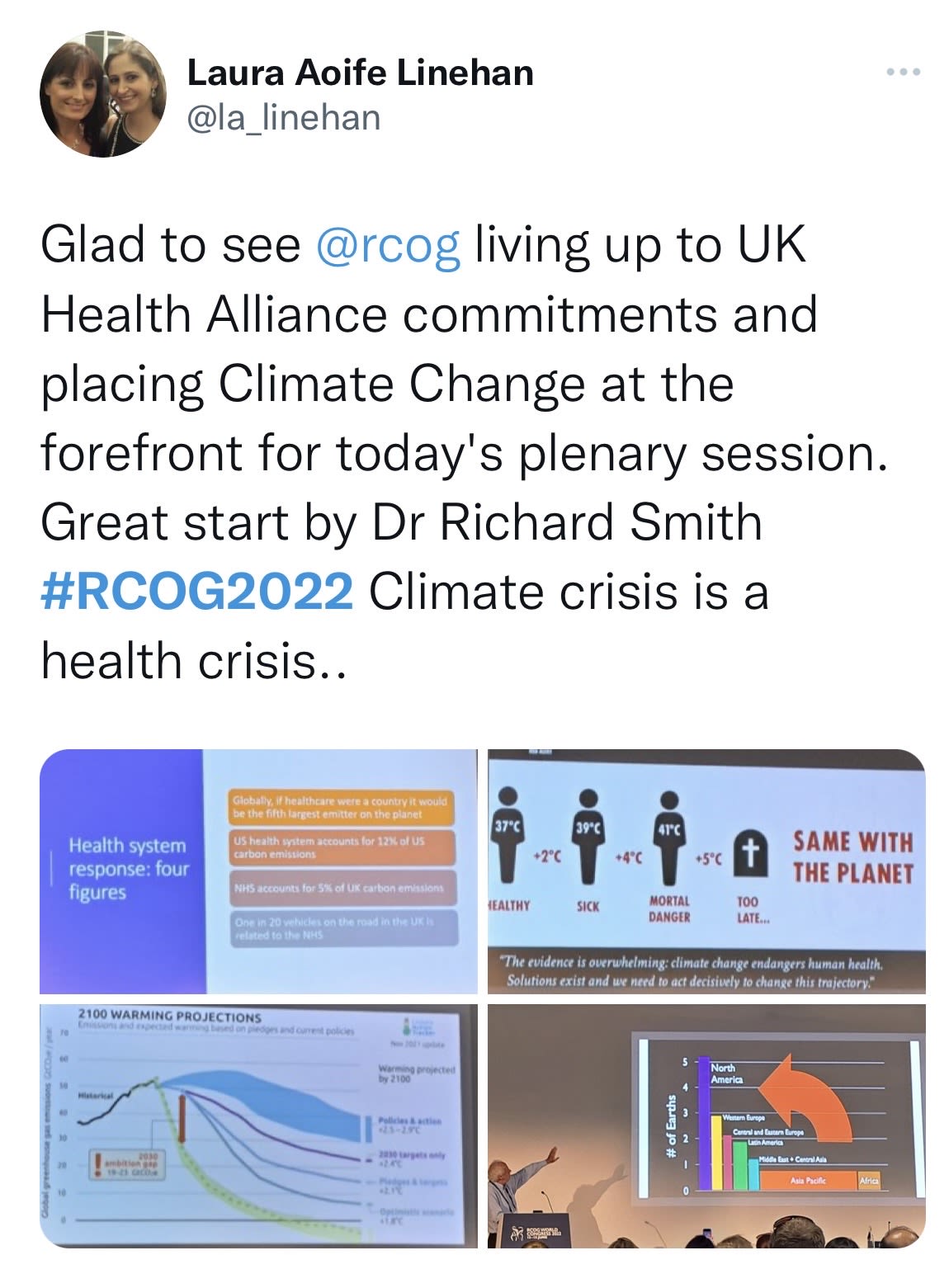
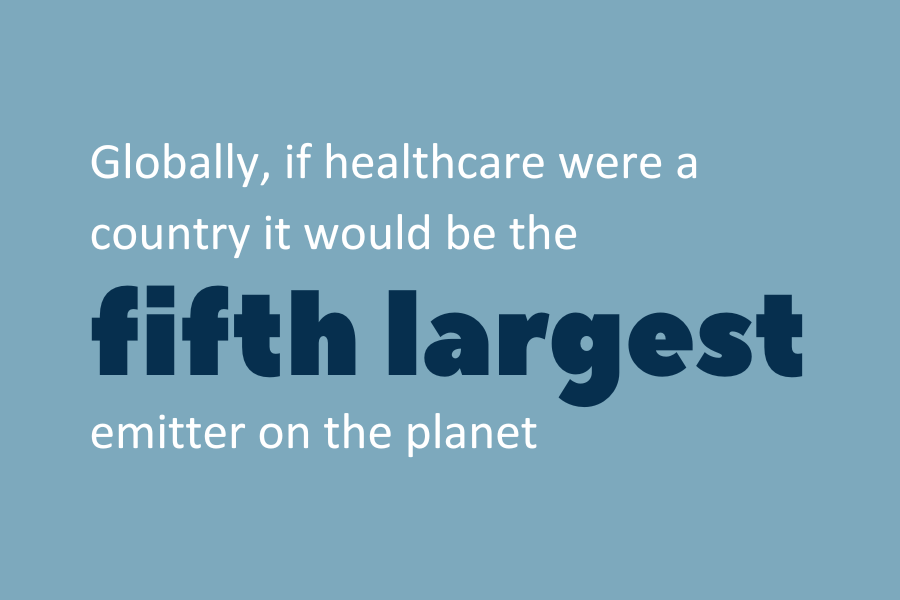
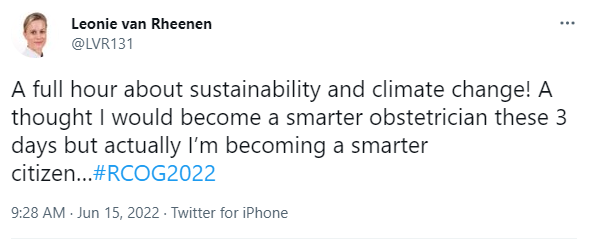
Dr Richard Smith, chair of the UK Health Alliance on Climate Change, is kicking off this morning’s plenary session. Dr Smith discusses the impact of the planetary crisis on health, the actions we can take to make improvements, including:
Move better – fly less, drive less, walk and cycle more
Eat better – move from high carbon diet to a low carbon diet
Buy better – divest from fossil fuels, invest in sustainable goods and services
Vote better – only ever vote for candidates for anyone who is series about climate change
Campaign better – join organisations, make political statements
Talk better – talk about ecological degradation as a health issue rather than an environmental issue
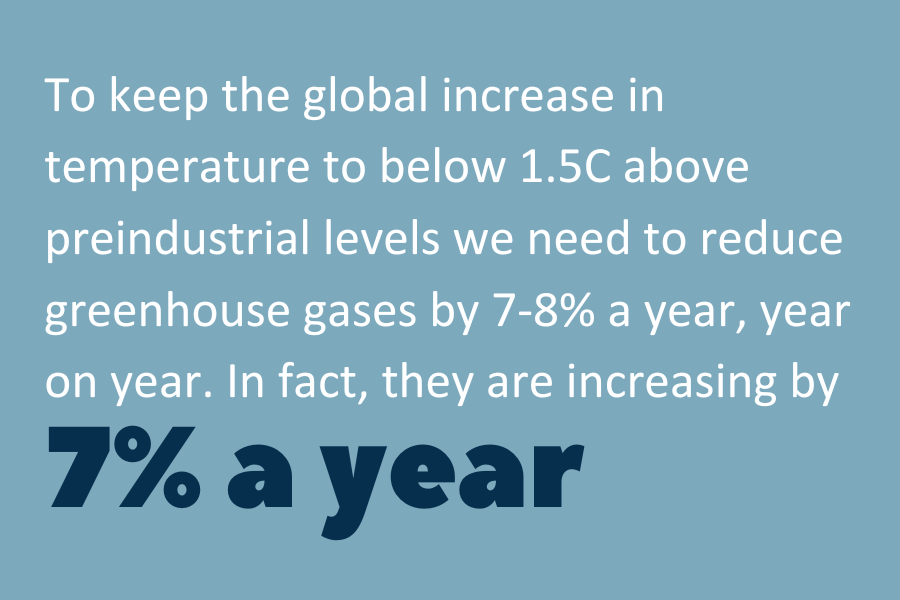

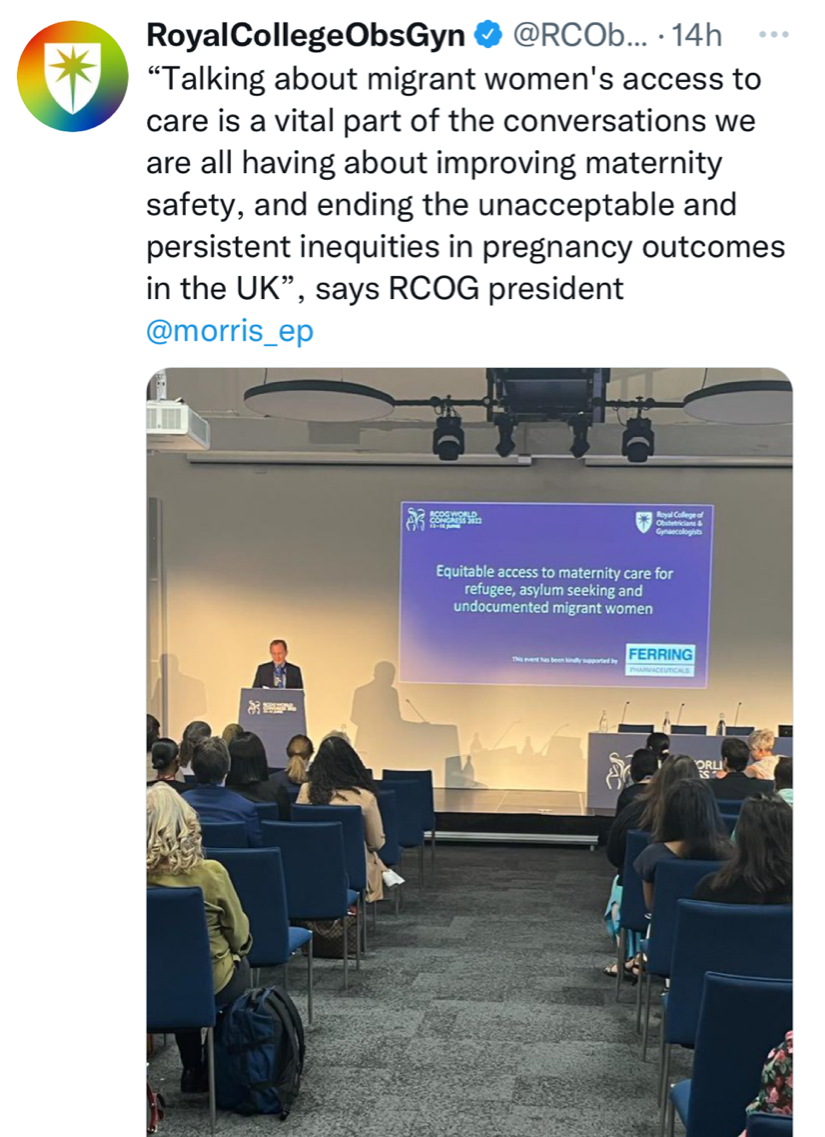
Last night, we held a fascinating and moving fringe event titled 'Facilitating equitable access to maternity care for refugee, asylum seeking and undocumented migrant women'.
Addressing additional barriers to a safe pregnancy experienced by refugee, asylum seeking and undocumented migrant women is a vital part of ending the UK’s persistent inequities in maternal and perinatal outcomes. The session raised recommendations across the system to improve care and support for migrant women, and addressed policies and practices which currently disrupt access to maternity care. It was also fantastic to engage with delegates to help develop the RCOG’s policy and communications work in this area.
We were delighted to be joined by Doctors of the World UK, who shared findings from new research into inequalities in maternity care experienced by migrant pregnant women and their babies.
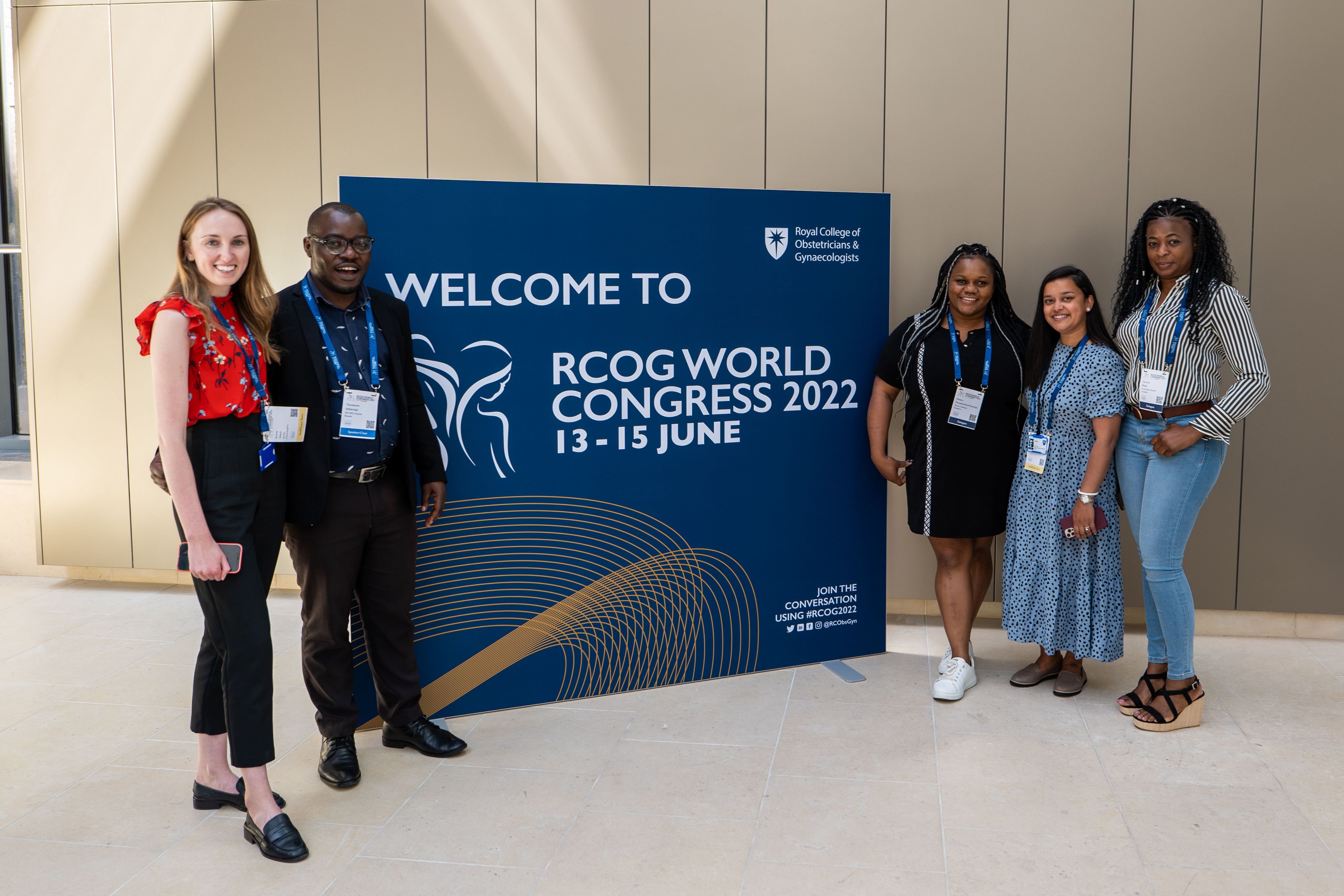
Such a pleasure welcoming delegates to Union Street for Congress.
Such a pleasure welcoming delegates to Union Street for Congress.
Coming up at 09:20am
We'll be joined by RCOG CEO Kate Lancaster, Dr Nick Watts and Dr Richard Smith to discuss sustainability in healthcare post COP-26.
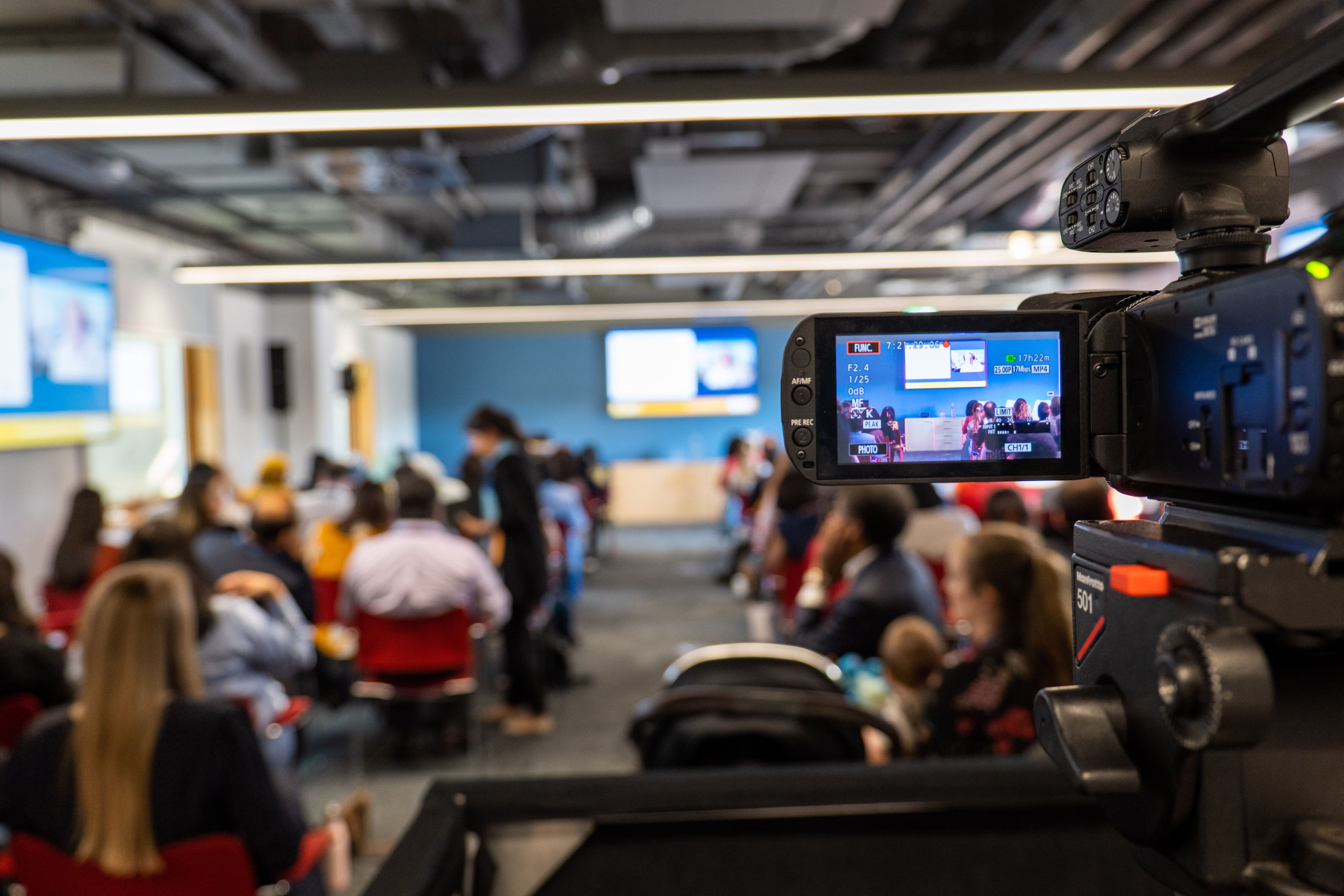
Sessions are underway this morning with abstract oral presentations on a number of topics including education, labour ward management and endometriosis.
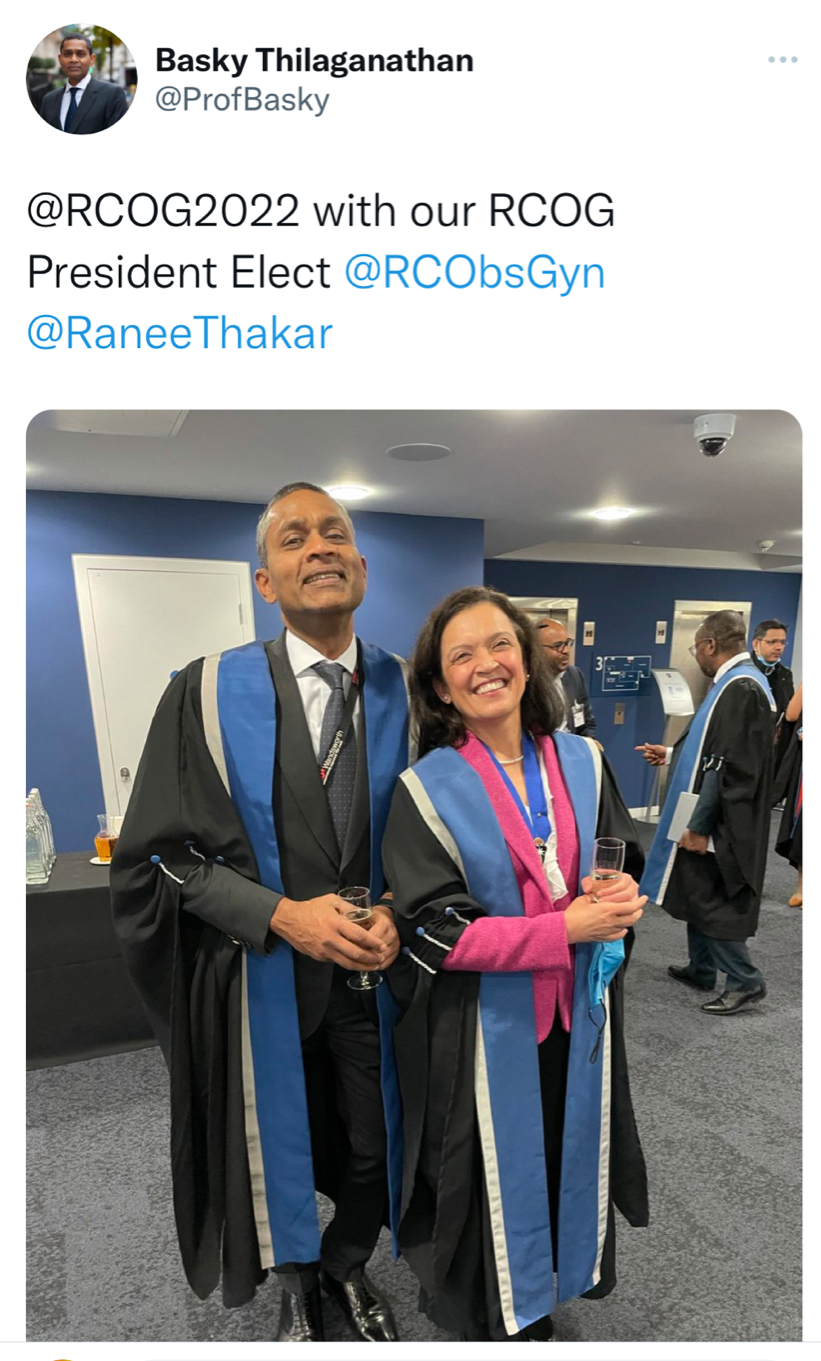
Before we look forward to our final day, here is a quick recap and from yesterday:
- We were privileged to be joined by Ukrainian doctors Professor Oleksandr Protsepko, Miss Anastasia Fedoruk and Dr Cora Doherty. They told us about the latest on women's healthcare in Ukraine following the invasion by Russia
- Leila Frodsham discussed tocophobia, and how we can help women feel more in control during their pregnancies and labour
- We heard from Dr Caroline Elton about burnout and how to keep well at work
- Tackling racism in the NHS with Professor Mala Rao
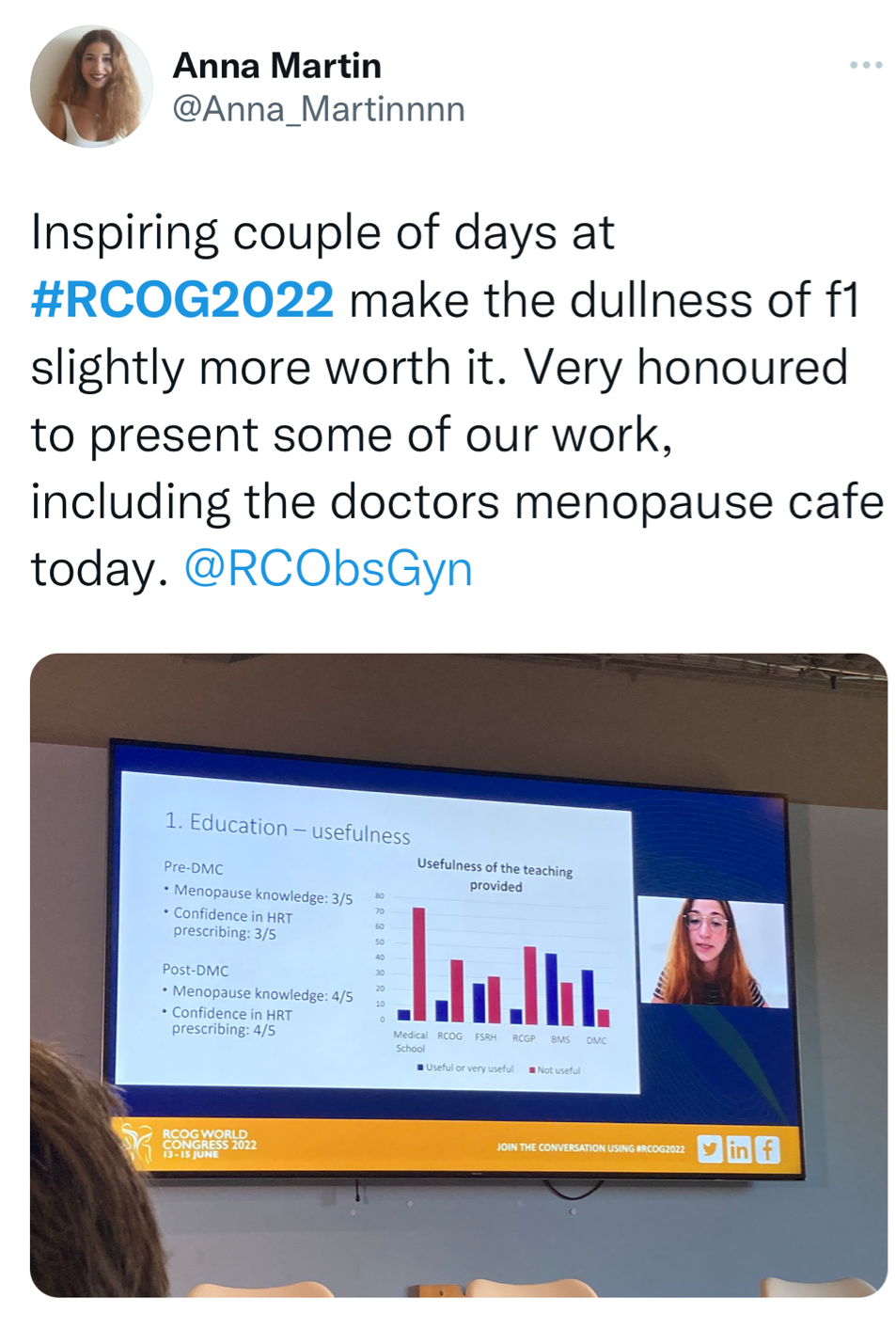
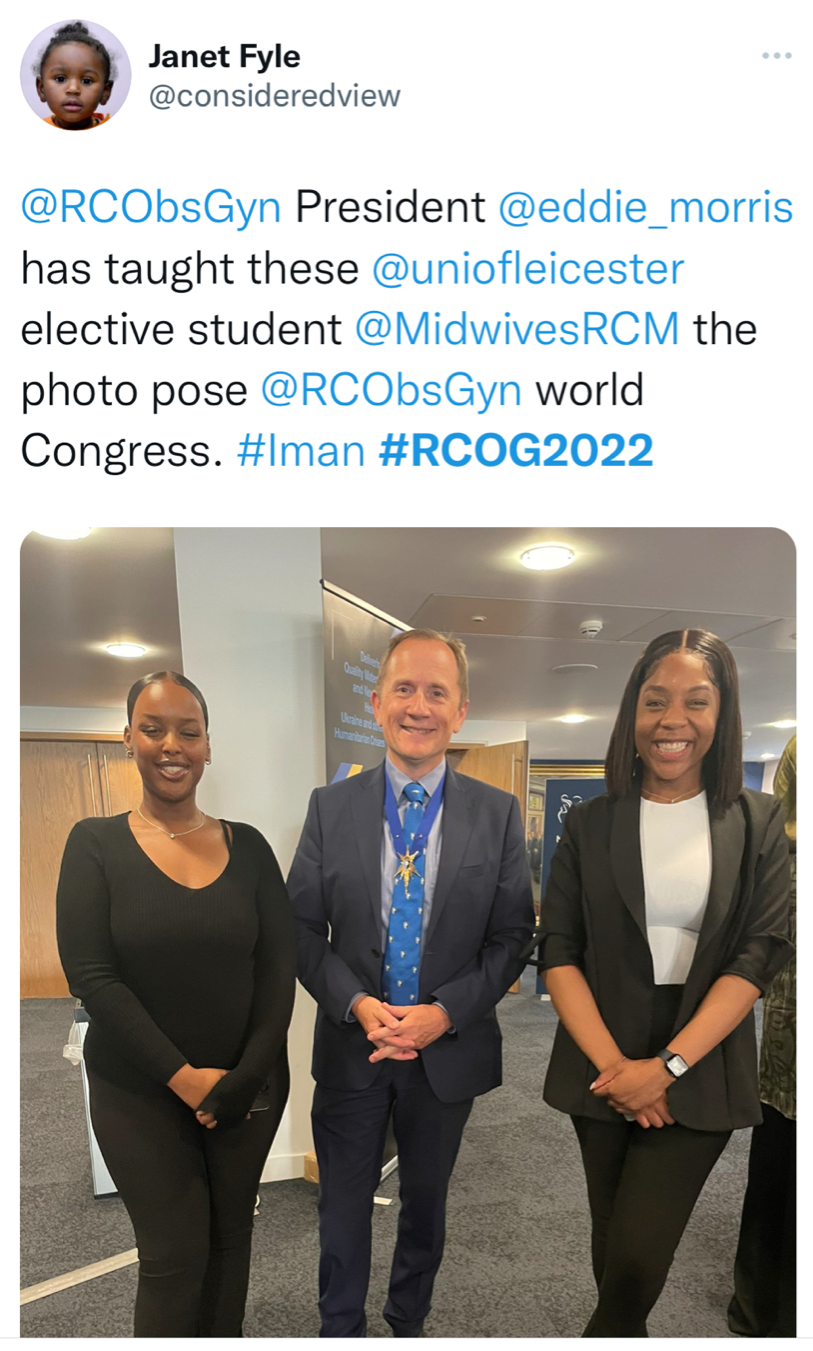
Welcome to Day 3 of RCOG World Congress 2022! Don't forget to share your highlights on social media using #RCOG2022.
